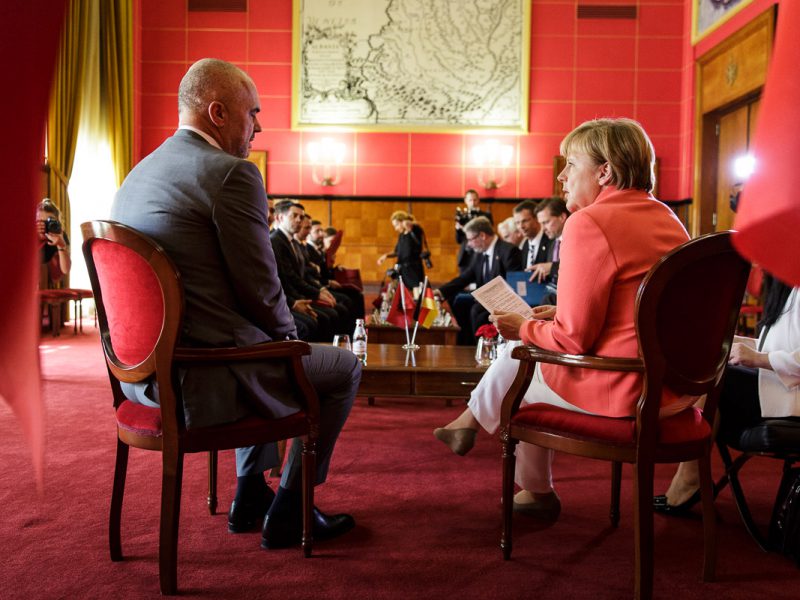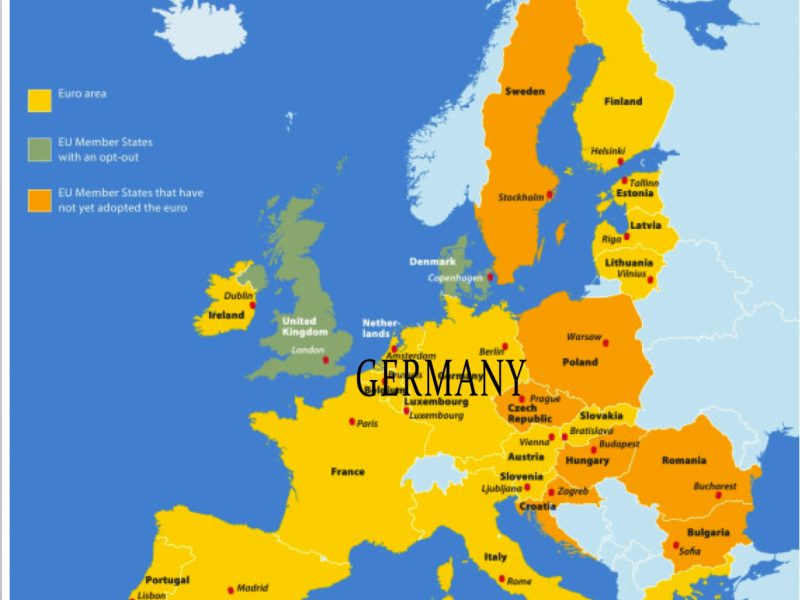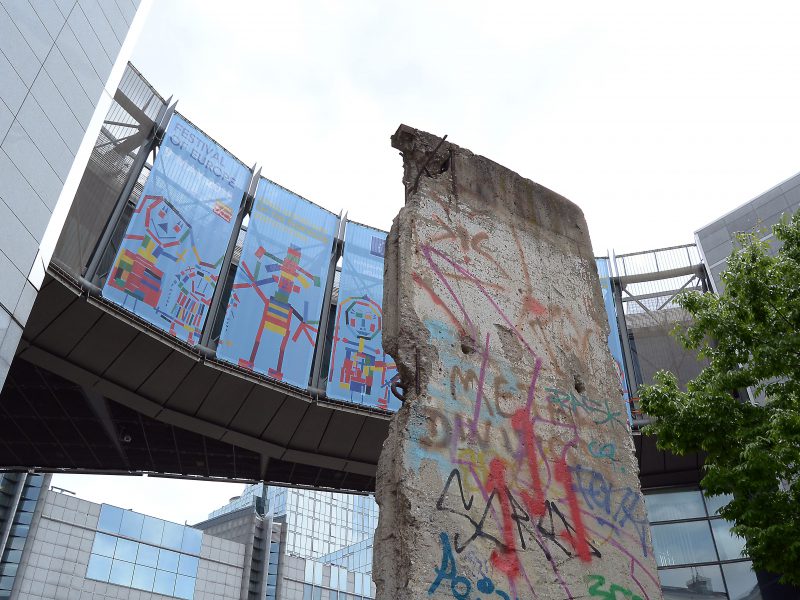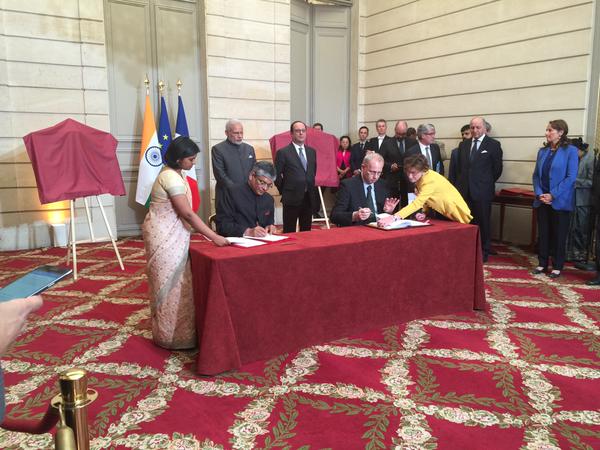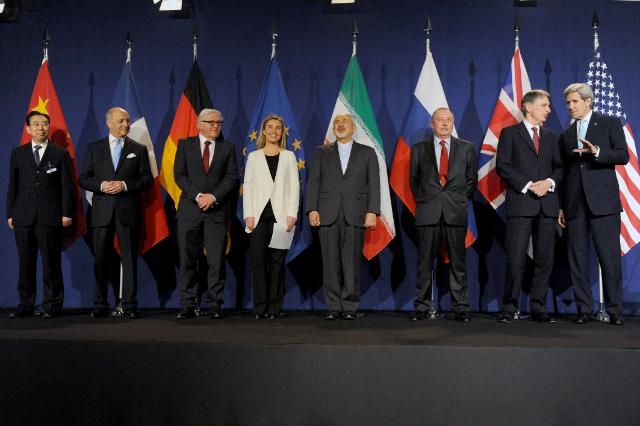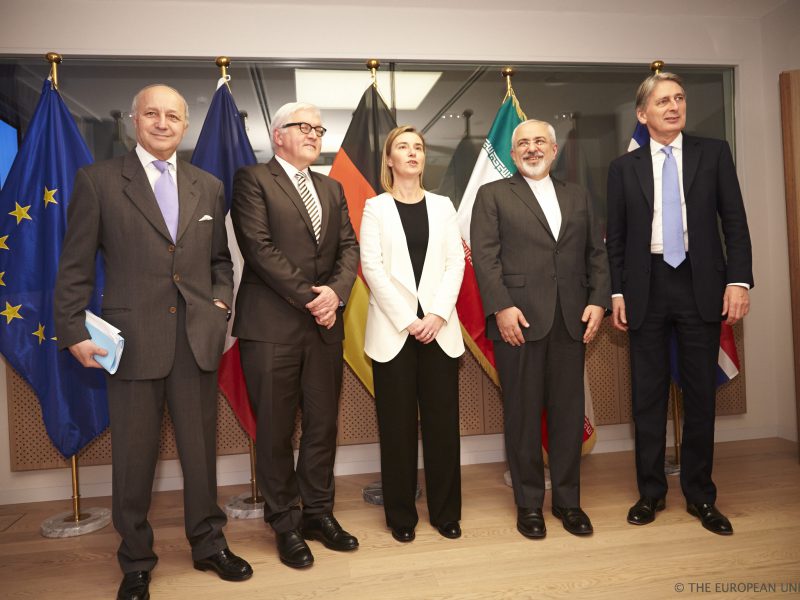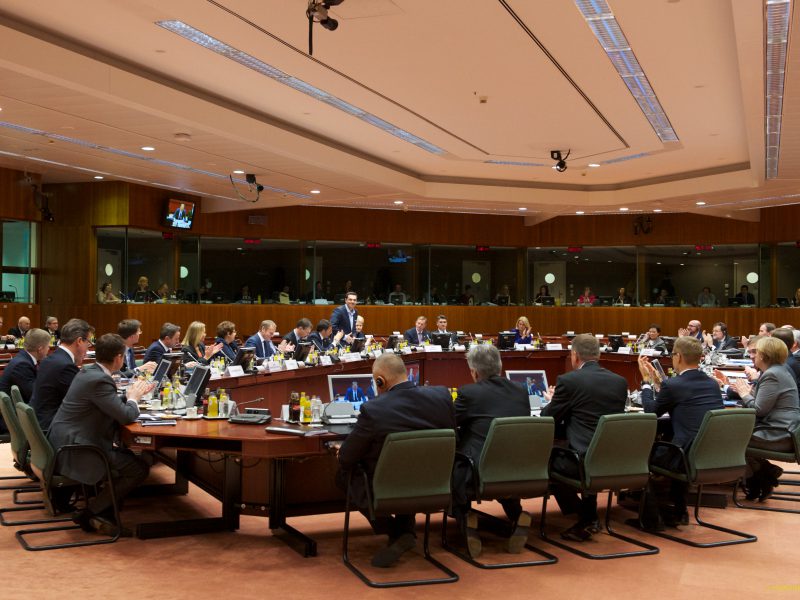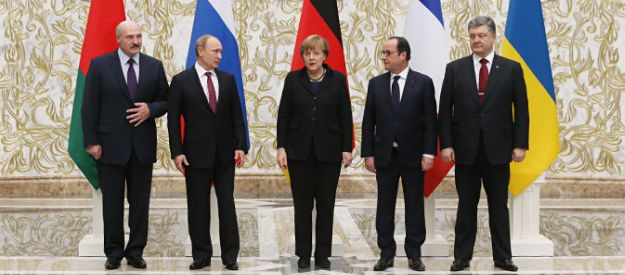Merkel visits Balkans amid Euro crisis
Taking time out of the Greek crisis, Chancellor Merkel set off on a tour of the Western Balkans (8-9 July), reassuring the nations of Albania, Serbia and Bosnia-Herzegovina of her support for their eventual joining the European Union. The three Balkan countries have long been campaigning to be part of the 28-nation bloc and see their candidature jeopardized by the EU’s preoccupation with what is happening with Greece.

